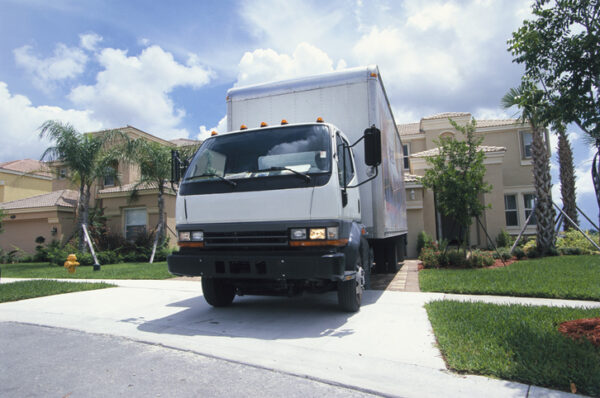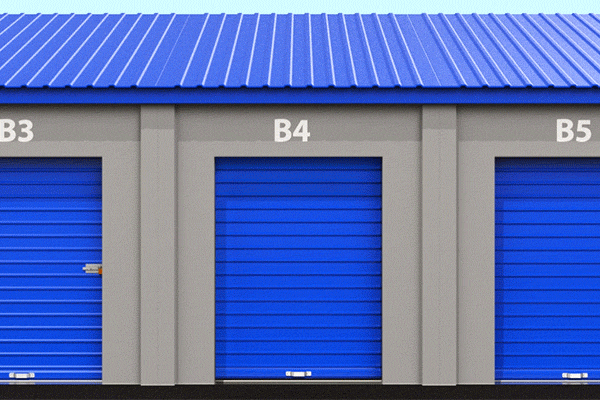Whether you’re going across town or across the country, moving is stressful. Not only are you changing your life, but you’re also entrusting strangers to safely transport your possessions. How can you help ensure that the moving company you choose has a solid reputation—and won’t rip you off? Here’s what the U.S. Department of Transportation (DoT) recommends.
1. Check Up On Them
If you’re moving out of state, start with the database of moving companies listed with the DoT’s Federal Motor Carrier Safety Administration (FMCSA). Ensure that the one you’re considering is registered and has a license number, and see if anyone’s filed recent complaints against them. You can also check a company’s complaint history with consumer agencies. Reading online reviews can give you more insights as well.
2. Watch For Red Flags
There are plenty of warning signs that you may not be dealing with a professional moving company, such as:
- The company’s website has no local address.
- They answer the phone in a generic way (such as “Hello, movers”).
- You’re told that charges will be determined on the day of the move.
- You’re asked to sign incomplete or blank documents.
- Their trucks are unmarked.
3. Do A Walk-Through
If the company doesn’t offer or won’t consent to an onsite inspection of your home and the stuff to be moved, that’s a big red flag. Insist that they do a thorough walk-through of your home to determine the size and scope of the move before giving you an estimated price. Be sure to point out any high-value items, which could affect the price.
 4. Get Estimates In Writing
4. Get Estimates In Writing
You should get at least three different cost estimates, in writing, for the move and any other services, like storage. Also ask what kind of estimate they offer. A binding estimate guarantees the price, as long as you don’t add more items or request additional services (and assuming there aren’t “unforeseen circumstances,” like stairs or parking permits). A nonbinding estimate is based partly on the final weight of your stuff. While it doesn’t lock down the price, the movers are not allowed to go higher than 10 percent over this estimate at time of delivery.
5. Make Sure They’re Insured
All moving companies, whether local or part of a national network, should be insured—if you’re looking at one that’s not, then walk away. Before you agree to any of their insurance, though, check to see what your homeowners or renters insurance will cover. Then ask how the movers can insure your stuff. Full Value Protection means that if something is lost, destroyed or damaged during the move, it will be repaired to, or replaced or repaid at, full value. (Check to make sure none of your valuable items are excluded.) Released Value Protection reimburses no more than 60 cents per pound.
6. Ask For References
You wouldn’t hire an employee without checking references; don’t hire a moving company without first hearing what others say about them. If the company doesn’t want to give you references, use another one.
 7. Discuss Payment
7. Discuss Payment
Does the company accept only cash? Do they require a large deposit? These are huge red flags. To help protect yourself, consider using your credit card to pay for the move; that way, you’ll be able to contest the charge should something go wrong.
8. Figure Out Logistics Early
Get as many details as you can, like the arrival time on moving day and when your stuff will be delivered. That information should be included in the Order for Service, a document the mover is required to give you before the move takes place. Also, it can’t hurt to ask for your driver’s phone number in case of last-minute issues.
Get a move on big savings with a homeowners or renters policy through the GEICO Insurance Agency. Get a fast, free quote. Already a policyholder? Be sure to update your homeowners or renters policy for your new address.
Read more: How To Save Big On Your Next Move
By Ellise Pierce










Gregory says,
All good advice and the FMCSA resource is a very good one to go to when assessing or comparing moving companies. I’d offer up that the A-1 Auto Transport website has a pretty robust section on moving and moving companies even though they are one themselves. There’s quite a lot of good articles and resources there that are worth combing over if want more information like this about what to know, look out for, what the red flags are, how to do research, find accurate information, and other relevant topics. I found it pretty helpful.